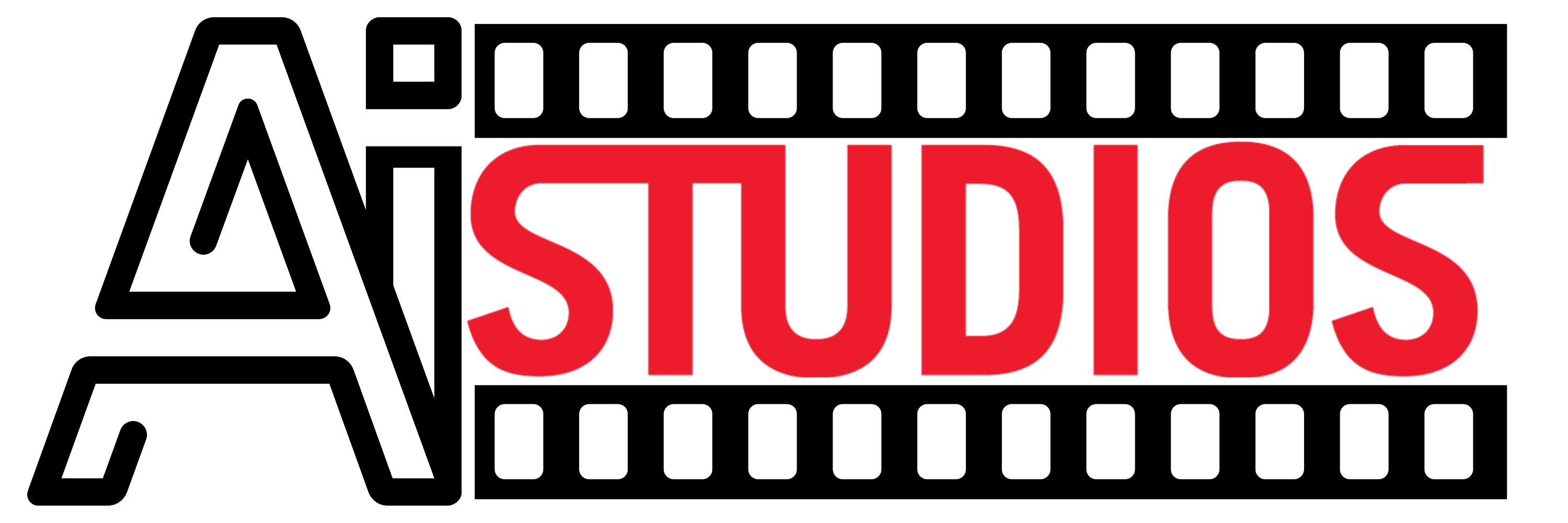AI News: The AI World Just Changed Forever (Again)
Stability AI Faces Uncertainty as Key Researchers Depart
Stability AI, known for its stable diffusion models, has recently experienced a significant loss as key researchers have left the company. This comes at a time when Stability AI has been facing financial difficulties and criticism of its CEO, Ahad MTO. The departure of the researchers who played a crucial role in developing stable diffusion raises questions about the future of Stability AI. However, it is important to note that stable diffusion itself is open source, so the technology will continue to be available to the public. While the future of Stability AI remains uncertain, stable diffusion will still be accessible for use.
Changes to Mid Journey’s Terms and Conditions
Mid Journey, an AI platform for creating art, recently made cha
nges to its terms and conditions. Unlike other companies like Google, OpenAI, and Adobe, which offer support and protection to users who may face legal issues related to their platform, Mid Journey has taken a different approach. Their new policies state that users are responsible for any legal claims arising from their use of the service and assets. This means that if a user creates art with Mid Journey that infringes on copyright, they will be solely liable for any legal consequences. This change in policy has raised concerns among users who may now face greater risks when using Mid Journey compared to other platforms.
Speculation Around QAR
There has been speculation surrounding the existence of QAR, an AI system that supposedly uses energy-based models to understand and respond to complex questions. While there have been leaks and confirmations from individuals like Sam Alman, the details about QAR remain scarce. Many YouTube videos have discussed the topic, but there is little concrete information to support the claims. The mystery surrounding QAR continues, leaving many curious about its capabilities and potential impact.
Updates on Sora
Sora, another AI system developed by OpenAI, has garnered attention recently. However, the tech leads behind Sora have been tight-lipped about the specifics of its training data. While they mentioned using publicly available and licensed data, they did not provide further details. The release date of Sora also remains uncertain, with the team stating that it will be available “eventually.” They are taking into consideration factors such as the upcoming election and the need to address issues of misinformation and harmful bias. The team is committed to ensuring that Sora’s release does not negatively impact global elections or other important matters.
The GPT Store and Its Challenges
The GPT Store, a platform for custom GPTs, has faced challenges since its launch. While custom GPTs have the potential to be powerful tools, many users have found it difficult to navigate the store due to the abundance of low-quality and duplicate models. This has made it challenging for users to find the specific GPTs they are looking for. Despite these challenges, there are still some good models available on the GPT Store, and users like Lex Friedman have found value in building their own custom GPTs for their specific needs.
Tennessee’s New Legislation to Protect Artists Against AI
Tennessee has become the first state to pass legislation specifically aimed at protecting artists from AI-generated content. The Ensuring Likeness, Voice, and Images Security Act, also known as the ELVIS Act, expands existing laws to include AI-specific protections. This new legislation prohibits the use of AI to mimic an artist’s voice without permission. While the intention behind this law is to prevent unauthorized use of an artist’s voice, there are concerns about how it will be enforced and the potential for ambiguity when it comes to artists who naturally sound similar to others. Additionally, the jurisdiction of this law outside of Tennessee remains unclear.
New AI Gadget from Open Interpreter
Open Interpreter has introduced a new AI gadget called the Open Interpreter 01. This handheld device allows users to train it on specific tasks, such as checking the weather, sending messages, or responding to emails. Once trained, users can use the device to perform these tasks even when they are away from their computer. The Open Interpreter 01 is designed to compete with similar devices like the Rabbit R1, but what sets it apart is that it is completely open source. Users can build their own device using the provided plans and program it to their specific needs. The Open Interpreter 01 offers a convenient and customizable AI solution for everyday tasks.








Add comment